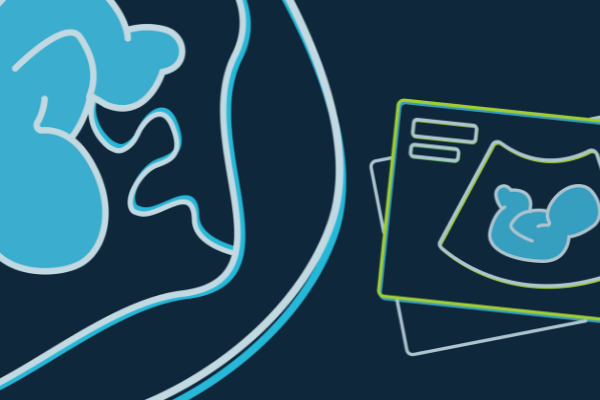In this blog Sophie Randall, Director of the Patient Information Forum, discusses the report of a recent survey about information given to women and birthing people about induction of labour. She highlights the top suggestions given for improving information and points to resources to help health professionals in providing appropriate information.
Lack of information on induction leaves women disempowered and unheard
One in three pregnancies is induced. It is an everyday event in maternity care and comes at a point predicted months in advance. So you might expect it to be central to birth plans, with options, risks and benefits set out for expectant parents. You might expect parents to be ready to make an informed decision, as is their legal right.
In fact, more than 2,300 women who gave birth in the last three years told us this is not the case. The response to our survey was overwhelming. While quantitative results were sobering enough, some of the 6,000 qualitative comments were shocking. One woman was told she needed to be induced ‘because her womb was like a rotting bag of salad’.
Information on induction was ‘too little too late’, women were surprised when it was suddenly presented as an option. Only 18% of respondents received any statistics on the risks and benefits of induction to support decision making. Two-fifths felt the information about induction was not detailed enough.
Only a third of the survey respondents had supportive conversations with HCPs. More than half received verbal information only. Women were unaware they had a choice and reported being ‘told’ they would be induced. And some described feeling ‘coerced’, ‘harassed’ or ‘bullied’ into induction.
Our sample was not representative of the population. 72% were graduates compared to around 40% of the working population. Black, Asian and minority ethnic groups were under represented. Yet respondents struggled to have their concerns recognised.
Women given good information and who felt involved and supported in decision making had a better experience. They felt more positive about induction even though it was not what they had planned.
We asked women how to improve information on induction. An analysis of 1,200 comments revealed five top suggestions:
- Statistics on risks, benefits and alternatives to induction and what would happen if they waited for birth to start naturally.
- To know they have a choice about induction and the right to informed consent.
- Supportive conversations to understand their options.
- More information on the process and timeline of induction.
- Realistic birth plans, made sooner.
The recent NICE Guidelines on induction reflect many of these demands. The legal right to information on risks, benefits and alternatives is set out in the Montgomery judgment, a case centred on information and induction.
While our results demonstrate a slight improvement over time it is clear action is needed to improve patient experience.
A group of expert stakeholders and representatives from the maternity charities Birthrights, Bliss and Tommy’s helped shape our recommendations for change.
We recognise Trusts and local maternity systems need training and support to make personalised care planning guidance a reality. We argue for national decision support tools and for the iDecide approach to be accelerated and extended to induction.
We ask Trusts to work through Maternity Voices Partnerships and respond to local information needs with a focus on health inequality. It is important information is health literate, culturally sensitive and available in accessible formats.
The comments from people who responded to the survey also make clear the difference supportive conversations with individual midwives made to their care. We encourage midwives to signpost trusted sources of information and support. Both Tommy’s and Bliss are members of the PIF TICK, the UK quality mark for health information.
Finally, our survey asked people about their birth concerns. The biggest concern was for the health of the baby, the second biggest concern was ‘being induced’.
At PIF, we believe knowledge is power. We know that lack of trusted health information contributes to anxiety. Until induction options are discussed in advance and women feel in control of the decision, fear and anxiety will remain. As a result some women will continue to feel coerced into a decision they were entirely unprepared for.
To be part of the change for the better please look at the report and download our poster with women’s top 5 information needs to see how you can work these into your everyday practice.
The full report of the survey includes women’s comments and examples of good practice.
View all resources here pifonline.org.uk/resources/publications/maternity-decisions.


